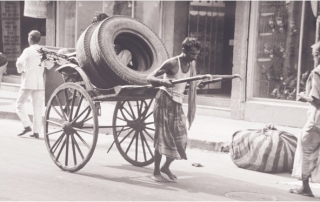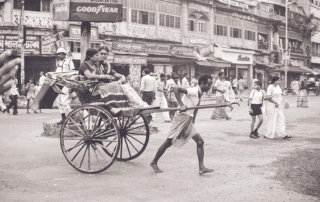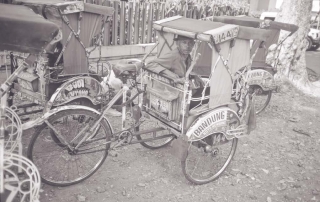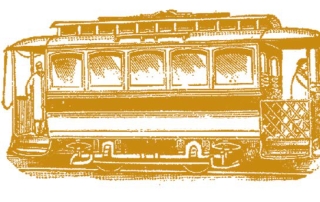ACCESS Special Issue, Winter 2006-2007
Introduction: Mel Webber (1920–2006)
Melanie Curry
With this issue, the University of California Transportation Center marks the fifteenth year of publishing ACCESS magazine. However, our celebration is tinged with sadness, because the founder and editor of ACCESS is no longer with us: Melvin M. Webber passed away on November 25, 2006. We miss him.









